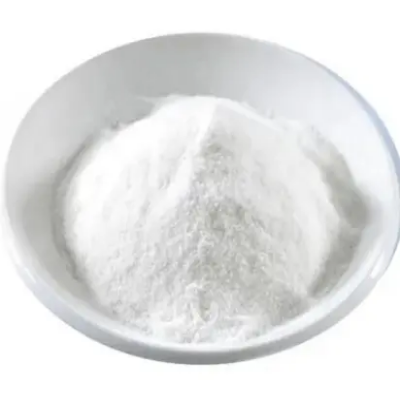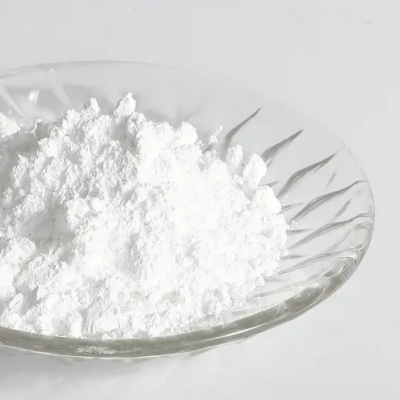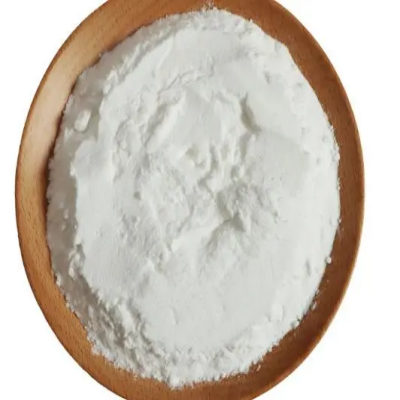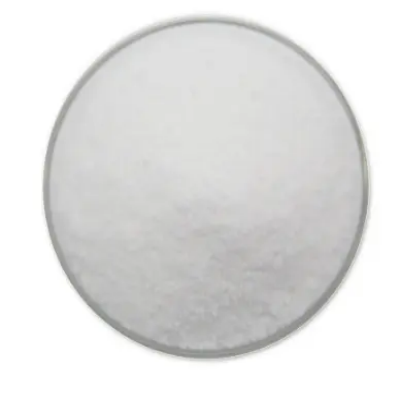Dichlorophenylphosphine CAS:1459-93-4
Dimethyl isophthalate (DMI) is an important aromatic compound with the molecular formula C₁₀H₁₀O₄, featuring two methyl ester groups bonded to the isophthalic acid framework. This unique structure not only contributes to its versatility but also enhances its reactivity, allowing DMI to serve as a crucial building block in the synthesis of various polymers and materials. One of the primary applications of dimethyl isophthalate lies in polyester production. When reacted with diols such as ethylene glycol or propylene glycol, DMI can be polymerized to form polyethylene terephthalate (PET) or other polyesters. These materials are widely used in the manufacture of textiles, films, and bottles due to their excellent mechanical properties, resistance to moisture, and thermal stability. In this context, DMI plays a significant role in imparting desirable characteristics to the final polyester products. In addition to its role in polyester synthesis, dimethyl isophthalate is frequently used as a plasticizer. Plasticizers are additives that increase the flexibility, workability, and durability of polymer materials, making them suitable for a wide range of applications. By incorporating DMI into polymer formulations, manufacturers can improve the performance of materials used in automotive components, construction, and consumer goods. Furthermore, dimethyl isophthalate serves as a precursor for the synthesis of various specialty chemicals and resins. It can undergo further chemical transformations to yield valuable derivatives utilized in coatings, adhesives, and sealants. Its versatility extends to applications in the production of high-performance materials that require specific thermal or mechanical properties. Despite its numerous advantages, dimethyl isophthalate has garnered attention due to potential environmental and health concerns associated with phthalates and their derivatives. Research has indicated that certain phthalates may exhibit endocrine-disrupting properties, prompting regulatory agencies to evaluate their usage in consumer products. As a result, companies involved in the production and application of DMI are encouraged to adhere to safety guidelines and explore alternatives that minimize adverse effects on human health and the environment. Moreover, ongoing research in sustainable chemistry aims to identify bio-based feedstocks and methods for producing dimethyl isophthalate, reducing reliance on petrochemical sources. Such advancements could enhance the sustainability of polymer production while maintaining the material properties that make dimethyl isophthalate valuable in various industrial applications. In conclusion, dimethyl isophthalate is a critical compound in the field of polymer chemistry, serving as an essential intermediate in the production of polyesters and plasticizers. Its contributions to enhancing material properties and enabling diverse applications highlight its importance across multiple industries. However, awareness of its potential environmental impact necessitates responsible handling and ongoing exploration of greener alternatives in its usage and production. Continued research and innovation will pave the way for the sustainable use of dimethyl isophthalate in the future.



| Composition | C10H10O4 |
| Assay | 99% |
| Appearance | white powder |
| CAS No. | 1459-93-4 |
| Packing | Small and bulk |
| Shelf Life | 2 years |
| Storage | Store in cool and dry area |
| Certification | ISO. |









